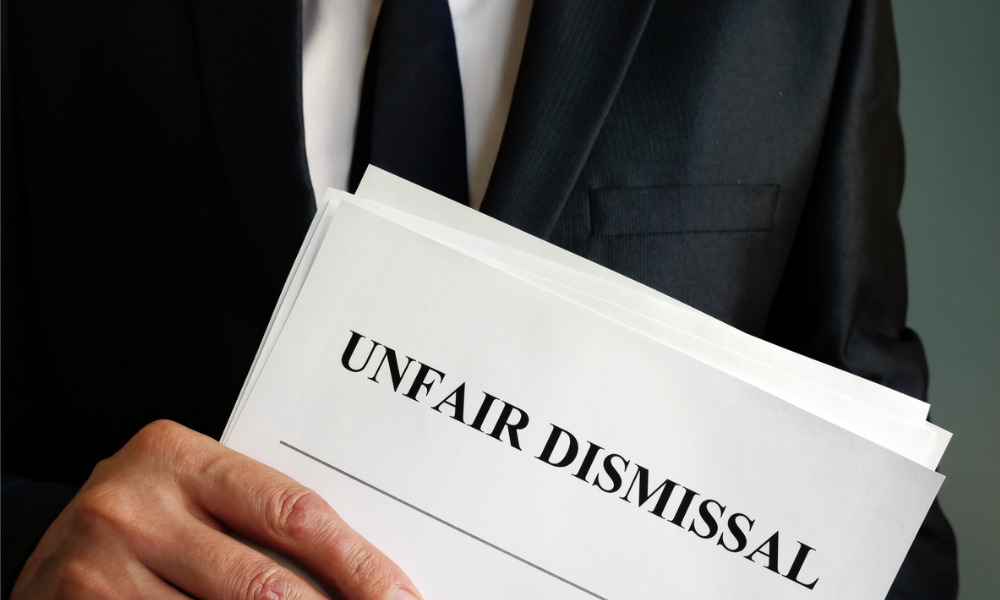
Is there 'abandonment' if failure to work is due to travel restrictions?

The Fair Work Commission (FWC) has recently decided on a case of an employee who was dismissed because he couldn’t travel back from abroad due to travel restrictions during the COVID-19 pandemic. The employee filed an unfair dismissal claim.
The case explores an employee’s limitations that could be beyond his control and the challenging decision faced by the employer as to his retention or termination. Learn about the accommodations extended by the employer and the FWC’s recommendations when an employer meets the same situation with its staff.
The employee was a cash processor. At the time of his dismissal, he was in India, where he had been for some time. He went to India in April 2019 to care for his parents and has not returned to Australia. He applied for and used accrued personal and annual leave to cover some of his absences. He also applied for 20 weeks of annual leave, and the employer approved it. However, in January 2020, the employer emailed about his continued absence from work and requested that he respond within 14 days, or his employment would be terminated due to “abandonment of employment.”
He replied and included an application for long service leave. It was not approved, and the employer issued a written warning on the grounds of misconduct, citing a breach of the terms and conditions of employment. He was then directed to return to work in February.
The employee did not return to work as directed and said he had assumed the role of primary carer of his father. As a response, the employer retrospectively approved his prior application for leave from November 2019 to March 2020. But ultimately, it issued a preliminary view that his employment should be terminated. The said view was communicated to the employee in September 2021. He responded via email, saying he “would be returning to his job when the international borders open.” A few weeks after the employee’s answer, the employer advised him that he had been dismissed without notice “for contract repudiation – inability to render substantial performance.”
Due to the COVID-19 pandemic, international travel restrictions made returning to the country difficult. According to records, travel exemptions for Australian citizens would enable permanent residents and their immediate families to enter Australia. The employee is a permanent resident and fell within the said available exemptions.
However, the FWC noted that it is “notorious that a combination of limited flight availability, high demand and the level at which available ticket pricing was being fixed made returning to Australia difficult.”
The FWC found that he was “not ready, willing or able to attend to work” at the time of the employee’s dismissal.”
“That position had pertained for quite some time and prospect of him returning to work in near future was vague and this provided a valid reason for his dismissal,” the FWC’s decision said. It also noted that a full-time employee had the “fundamental employment obligation” to attend and perform work. It said that there was a valid reason for dismissal relating to his conduct and capacity.
The FWC advised that the employer should have acted more swiftly in the matter. “Speaking colloquially, [the employer] was ‘very slack’ in responding to the employee,” noting that “on one occasion, a period of three months elapsed. On another, 13 months passed without any action,” the FWC said. It found that the employment relationship “could properly have been brought to an end much earlier. The decision was handed down on 2 May.
The case serves as a lesson for HR leaders to be prompt in communicating with their employees, especially if it involves delicate and complicated matters extending beyond the parties’ control.
Suppose a government policy or international protocol might prevent an employee from fulfilling duties and obligations, in that case, HR should have an honest conversation with them about the employer’s realistic and reasonable expectations. HR should also be open to receiving an employee’s requests for accommodations, noting the company’s needs.